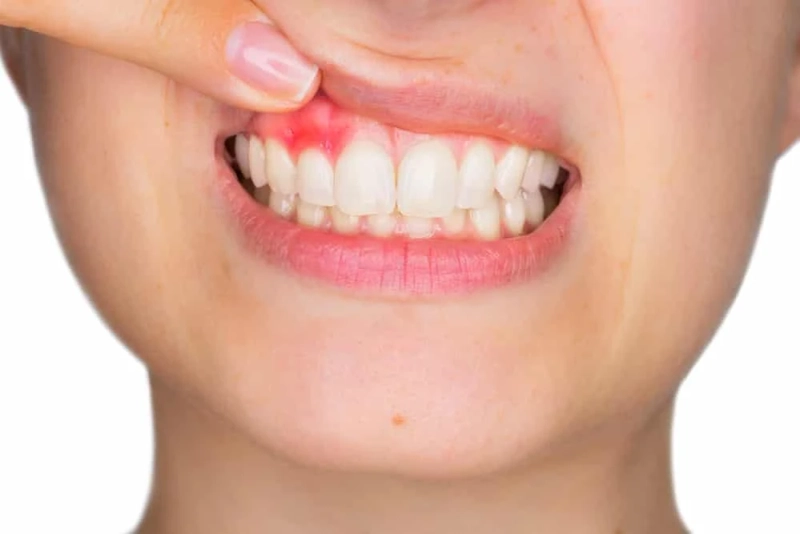If you're looking for the best way to prevent gum disease Tomball TX, there are several things you can do. These include plaque buildup, genetic predisposition, and chronic inflammation. You can also do your part at home. In this article, we'll discuss home care, chronic inflammation, and genetic predisposition.
Chronic inflammation
Research has shown that people with chronic gum disease are at an increased risk for diabetes and heart disease. This is related to elevated levels of inflammatory mediators in the bloodstream, which is associated with insulin resistance. Chronic gum disease may also increase circulating fibrinogen, which can increase your risk of stroke.
Gum disease can also contribute to the risk of breast cancer. Although the exact cause is not clear, several factors may play a role, including the presence of bacteria. Research has suggested that chronic gum disease may cause inflammation elsewhere in the body. It has been shown that the bacteria associated with gum disease may travel to the liver, where they can increase levels of C-reactive protein, a marker of inflammation.
Plaque build-up
If you want to have healthy gums, you need to reduce the amount of plaque that accumulates on your teeth. The best way to reduce plaque is to brush and floss at least twice a day. The right diet can also help prevent plaque buildup. You should stay away from sweets, which contain high amounts of sugar, but you can also eat healthy foods. Some of the most common sugary foods are candy and soft drinks.
If you allow plaque to remain on your teeth for two or three days, it will lead to gingivitis. The severity of the condition depends on the amount of plaque and your overall health. Even if you brush your teeth properly, plaque can still form between your teeth. This causes gums to swell and bleed. If you notice bleeding gums, you should visit a dentist.
Genetic predisposition
Many aspects of your health are inherited from your parents, including your susceptibility to gum disease. There are some things you can do to minimize your risk of getting periodontal disease, including making sure you get regular dental exams. A genetic test can tell your dentist if you have a family history of gum disease. This will enable them to be more vigilant during your exams. It is also important to follow your dentist's recommendations when it comes to dental care.
If your parents suffered from periodontitis or gingivitis, you are more likely to develop the condition. However, even if your parents did not develop gum disease, you are still at risk. Research indicates that genetics play a role in about half of periodontal disease cases. This is because genetics may affect the immune response.
Home care
If you suffer from mild gum disease, you can treat it at home with simple daily hygiene techniques. However, it is important to see a dental professional on a regular basis to monitor the condition. A dental professional can recommend treatments and monitor any changes that you notice. They can also use hormones and other treatments to combat the disease.
Saltwater rinses with lukewarm water can soothe inflamed gums and help reduce the bacterial count in your mouth. Coconut oil has anti-inflammatory and anti-bacterial properties that can also help reduce plaque.
Treatment
Treatment of gum disease Tomball TX can include a variety of procedures. These include bone grafting, gum tissue grafting, and tissue engineering. All of these procedures are designed to restore the gum and bone tissues of the mouth. This can help prevent bone loss and tooth loss. In certain cases, grafting can even involve the addition of tissue-stimulating proteins.
Nonsurgical methods of gum disease treatment include scaling and root planing. Surgery may be necessary, though, if the gum tissue surrounding the teeth is infected and cannot be restored. Some treatment plans also include antibiotics. This can help reduce the bacteria that cause gum disease and suppress the attachment of the teeth to the bone.


